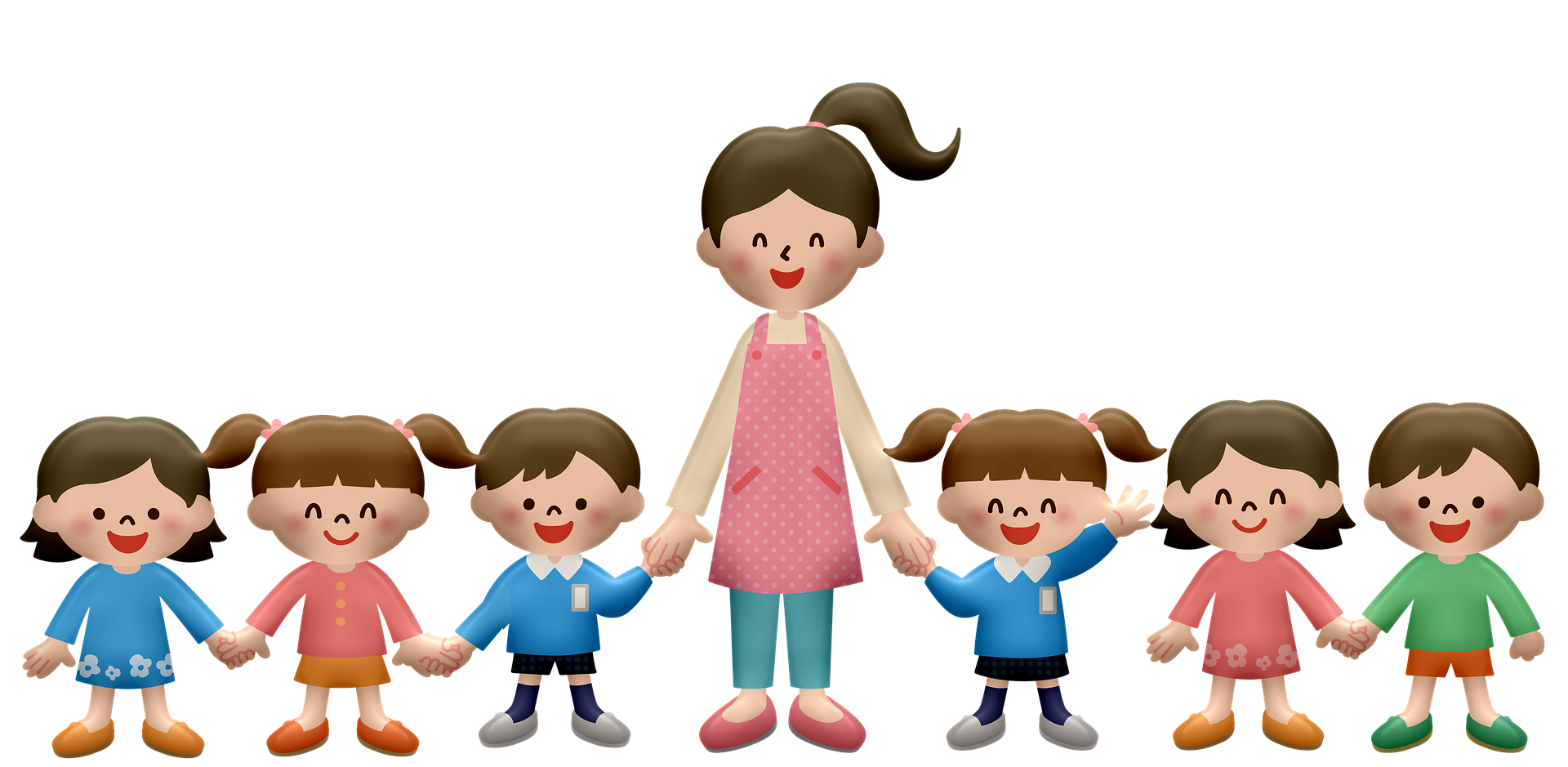Empowering young children
28th February 2022

Empowering and equipping school children, educators and parents with transformational mindfulness.
Jo Bradley from learnful.co.uk
I didn’t know what I needed until I found Suryacitta’s and Gaynor’s teachings and guidance.
As soon as I did, I knew. I was after relief from my ruminating and problem-solving mind, refuge, peace and ultimately to experience happiness more often.
I’d already made the decision to leave my teaching career at this point and was unknowingly embracing the labels of ex-teacher, burnt-out, burdened, busy, new mum, exhausted and totally lost.
Fast forward four years, and Learnful Schools, the company I created to help children parents and teachers positively transform their mental and emotional wellbeing, now brings online mindfulness teachings into primary schools on a national level.
The thing is, primary schools don’t always know what they need either and many of them have dipped their toe in mindfulness and concluded; they can’t do it, it’s not for them, they’re too busy or it’s simply not valued as a whole-school priority.
Covid-19 has helped in some way to make it REALLY obvious that children, teachers and parents are suffering more and more with mental health and that wellbeing has to be a school PRIORITY to cultivate effective learning.
The three key ingredients I’ve used to bring mindfulness into schools is:
Awareness
Practice
A Whole-School Approach (everyone involved)
Awareness
This is the word used most in my work alongside with noticing, observing, seeing, getting curious and investigating.
Firstly, primary schools need to be aware that mindfulness transforms in ways that are beyond what they see as just sitting in stillness and silence, listening to the sounds around them or focusing on their breath.
Mental health, CAMHS referrals, emotional regulation, thriving, character strengths, mental fitness, mindset, positive psychology, Covid recovery, trauma and behaviour are all words that educators are invested in prioritising and in no way need convincing of. Use the word mindfulness and you get varied responses which are formed from that person’s personal experience, perceptions, judgements and opinions.
From this standpoint, mindfulness is the practice and mental and emotional transformation and empowerment is the outcome. Schools work well with measurable outcomes and impact.
Then there’s all the things to be aware of:
What’s being experienced within you and around you
Bodily sensations
Mind activity
Practices that enable awareness
Practices
Primary schools are habitual and timetabled settings. They have set times and durations for everything so the days run as smoothly as possible with so many.
This is PERFECT for embedding a regular practice. Daily, straight after lunch is a chosen favourite for many Learnful Schools.
Primary school practices also have to be short and varied. Less than 10 minutes and with a variety of flavour. Many of you reading this will know mindfulness happens anywhere, any place, any time. So Learnful Schools awareness practice consists of:
Breath
Outdoor
Thoughts
Body
Senses
Reflection
Stories
Poems
Pictures
Metaphors
Art
Writing
Talking
Listening
Movement
Sport
Music & Sounds
Kindness and Gratitude
Role Models
and more! A true menu of mindful awareness.
Over time and with consistency, these practices become habits and also equip individuals with self-chosen and often self-soothing strategies. Just like you and I set an intention of focusing on the breath some days, and loving-kindness on others, children are more AWARE and equipped to choose.
The inquiry process is also high priority and one that is often lost in an online world. The conversation, comments, questions and feedback that comes from practice. School staff need to feel confident in managing these and to have an open space to share what is being noticed, discussed and worked with. There’s an open, safe dialogue space for children, teachers and parents to do this.
A Whole-School Approach
It started with practices for children. Then I shared some practices for parents. Then I realised that stressed staff use the restroom to get-away for a bit and cry/breathe/pull themselves together/keep calm and put ‘their teaching face on’ when they’re on their own. So I created practices for them too.
And that’s it…a joined up whole-school approach where children from as young as Reception through to Year 6, their staff and their families ALL practising awareness so they can live mentally and emotionally healthier and happier lives.
Nationwide Growth
Currently, work is being done to extend mindfulness in Learnful Schools to EYFS (0 - 5years) and enhance the offering for parents and educators. It’s always been a priority as an online programme to have diverse, inclusive and trauma-sensitive practices and trainings so mindfulness can be accessed by all.
As I write this, multiple schools in Leicestershire and Leicester City are embracing a whole-approach and we’ve now welcomed schools from Cheltenham and London. This year, the North of England NHS CCG have funded 30 primary schools in Teesside to embed a whole-school approach to mindfulness and wellbeing. They are keen to promote positive mental health from a young age and early intervention to reduce referrals to increasingly in-demand mental health services.
www.learnful.co.uk

Share this post:

